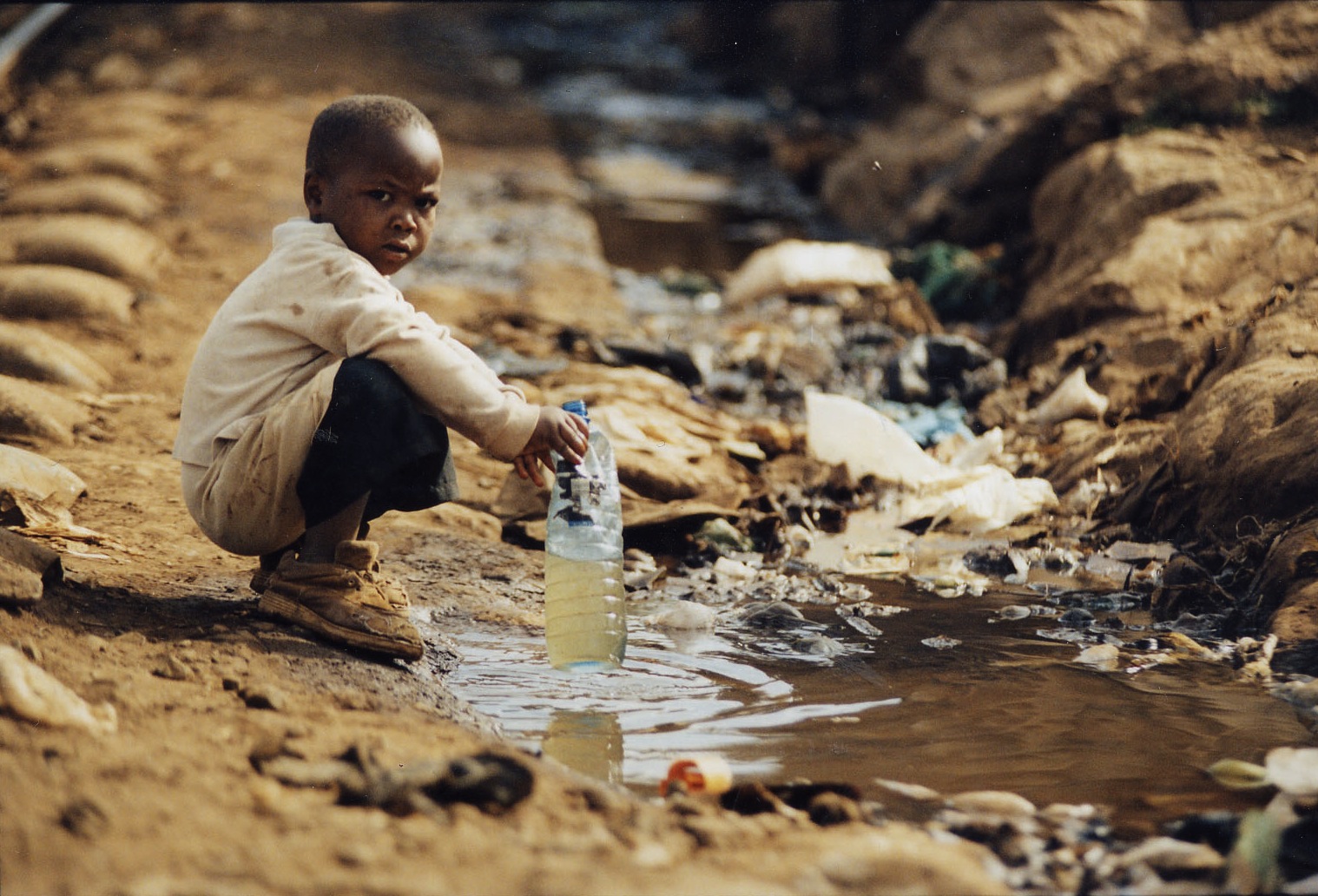NAIROBI (HAN) August 28.2016. Public Diplomacy & Regional Security News.By KINYA SETO. Africa is a continent of astonishing potential. But if it is to build the future its citizens deserve, there is a need to increase efforts to remove the barriers holding it back. None is greater than poor sanitation — affecting hundreds of million of people in Africa and across the world.
Nearly one billion people globally are forced to defecate in the open. As many again have to live with inadequate sanitation. Both lead to the contamination of water and food and the spread of disease. The costs— both human and economic, are huge.
New research prepared by Japanese firm LIXIL Group and Oxford Economics has put the annual cost of poor sanitation for low and middle income countries at $222.9 billion. These cumulative costs include those from early loss of life, providing healthcare and the impact on productivity due to sickness.
It is the largest countries like India, the research shows, which shoulder the highest national cost burden. But if you look at these costs nation-by nation as a share of GDP to work out their impact on a society, then countries from sub-Saharan Africa make up half the top 10. In Niger, poor sanitation costs 2.7 per cent of GDP and the figure is nearly one per cent across the continent as a whole. Africa simply can’t afford this loss.
Even more worrying is that the research shows these annual costs for Africa have risen by 24.5 per cent in the past five years and now stand at over $19 billion.
This is why sanitation and hygiene must again figure high on the agenda as Japanese and African heads of state gather in Nairobi for the Tokyo International Conference On African Development, and in Stockholm as businesses, political leaders and others gather for World Water Week.
I am proud that LIXIL, a world-leader in water technology, is developing affordable and effective solutions which will meet the needs of poorest communities. We introduced, for example, the cost effective and hygienic Safe Toilet products in 2013 and over one million have now been installed in Africa, Asia and the Caribbean for as little as $2 a unit.
However, overcoming the challenge of sanitation requires greater effort and co-operation from governments, businesses and civil society.
Governments must commit to a national sanitation strategy with stretching but achievable targets backed by increased funding — public, private and a mix of both.
National efforts must also include a new emphasis on education so the citizen understands the need to use and look after sanitation facilities.
Innovation and partnership are critical. We need more innovation in technology and delivery so we find new, affordable and sustainable ways of bringing sanitation to those at the bottom of the pyramid.
By stepping up our collective efforts, we will remove a huge barrier to a better future for the continent.
Kinya Seto is the president and CEO, LIXIL Group Corporation, a Japanese organisation tackling poor sanitation.


Leave a Reply